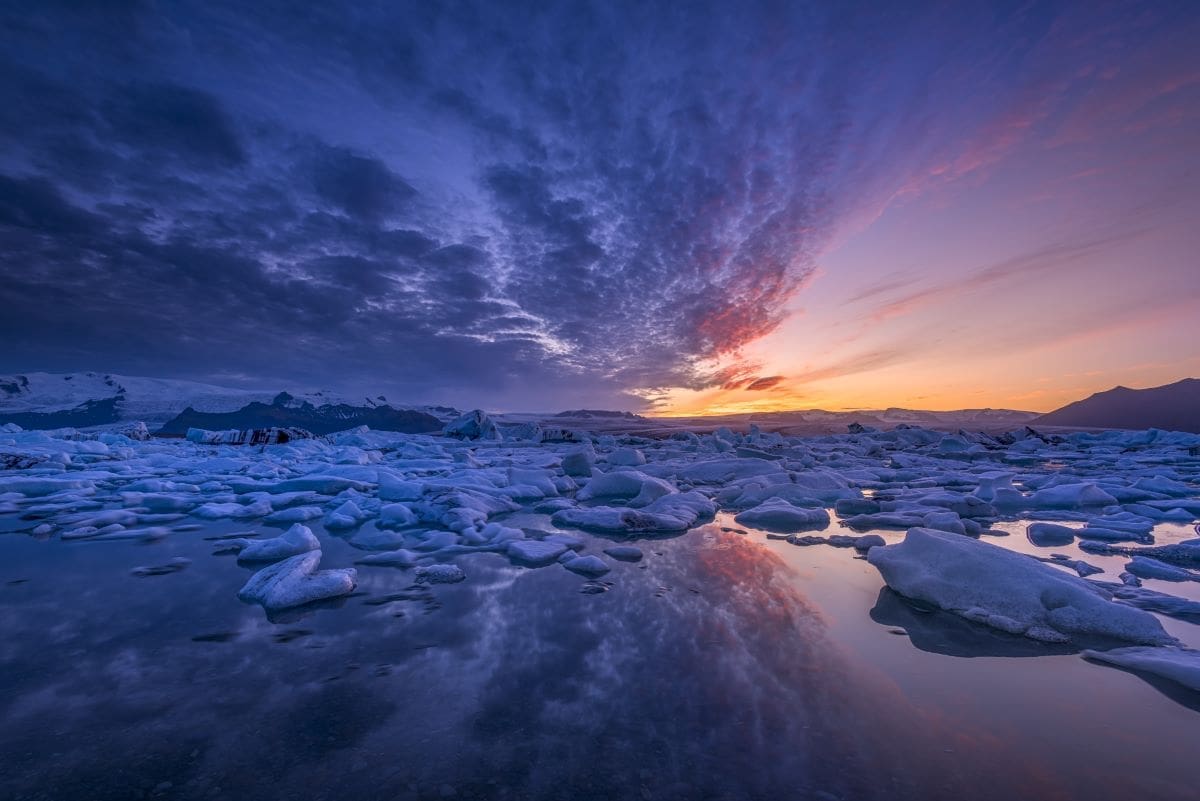After years of Arctic Ocean ice moving at accelerated speeds, a new study suggests a significant reversal is on the horizon. The findings, published on March 5, 2024, in The Cryosphere, shed light on the intricate dynamics of sea ice motion and its potential implications for marine transportation and the environment.
Associate Professor Neil Tandon and Postdoctoral Visitor Jamie Ward from the Lassonde School of Engineering at York University conducted the study, delving into the contrasting trends observed in observational data and climate models regarding sea ice speeds.
“Understanding how sea ice motion is going to change is clearly of interest, and yet we didn’t really know if what the models were projecting was reasonable,” explained Tandon, who is also affiliated with the Centre for Research in Earth and Space Science (CRESS) at York University.
The research highlights the critical importance of understanding the future trajectory of sea ice motion, not only for marine transportation safety but also for its broader environmental implications. Faster-moving sea ice poses significant hazards for maritime activities, as exemplified by the 2017 incident where sea ice trapped and sunk two fishing boats near Newfoundland.
Tandon likened the behavior of sea ice to that of a spring, noting that as temperatures warm and the ice thins, it becomes more elastic and capable of faster movement. However, as the ice thins further, other forces come into play, leading to a projected slowdown in ice motion driven by changes in wind patterns and ocean surface tilt during the summer months.
While the models converge on the idea of a summertime slowdown, they diverge on the timing of this phenomenon. Some suggest it could occur within the next decade, while others foresee it happening later in the century.
The potential deceleration of sea ice movement may offer a reprieve for marine transportation safety, but Tandon emphasized the broader concerns surrounding declining sea ice cover. The impact on ecosystems, Indigenous communities relying on traditional hunting practices, and the overall climate remains significant.
“But, I would say it’s marginally good news in that the models are suggesting that some of the worst aspects we were expecting about ice cover decline are not being projected.” remarked Tandon, underscoring the complexity of the issue and the need for continued research and monitoring efforts to understand and mitigate the consequences of Arctic sea ice changes.
As the Arctic continues to undergo rapid transformations, studies like this provide valuable insights into the intricate interplay between environmental processes and human activities in the region.
About York University
York University, situated in Toronto, Ontario, is a contemporary urban institution with multiple campuses. Supported by a diverse community of students, faculty, staff, alumni, and partners, it offers a global perspective to address societal issues, foster positive transformations, and empower student success. The Glendon Campus, fully bilingual, serves as Southern Ontario’s hub for excellence in French Language and Bilingual Postsecondary Education. Additionally, York’s campuses in Costa Rica and India provide students with remarkable transnational learning experiences and cutting-edge programs. Together, they strive to create a better future for communities and the planet.
(More information: Jamie L. Ward et al, Why is summertime Arctic sea ice drift speed projected to decrease?, The Cryosphere (2024). DOI: 10.5194/tc-18-995-2024; Source: York University – Press Release; Featured image credits: wirestock – Freepik.com)




